Bridge - Murray Itzkowitz House

Overview
Bridge - Murray Itzkowitz House is a mental health treatment center for people seeking treatment near New York County. As part of their treatment modalities for recovery, Bridge - Murray Itzkowitz House provides integrated mental and substance use disorder treatment and smoking/vaping/tobacco cessation counseling. during treatment. Bridge - Murray Itzkowitz House is located in New York City, New York, accepting cash or self-payment for treatment.
Bridge - Murray Itzkowitz House at a Glance
Payment Options
- Cash or self-payment
- Medicaid
- Medicare
- Private health insurance
- State mental health agency (or equivalent) funds
Assessments
- Screening for tobacco use
- Comprehensive mental health assessment
- Comprehensive substance use assessment
Age Groups
- Seniors or older adults
- Adults
- Seniors
Ancillary Services
- Case management service
- Chronic disease/illness management
- Diet and exercise counseling
- Education services
- Illness management and recovery
Highlights About Bridge - Murray Itzkowitz House
6.53/10
With an overall rating of 6.53/10, this facility has following balanced range of services. Alcohol Rehabilitation: 8.00/10, Drug Rehab and Detox: 6.00/10, Insurance and Payments: 6.00/10, Treatment Options: 6.12/10.-
Alcohol Rehabilitation 8.00
-
Treatment Options 6.12
-
Drug Rehab and Detox 6.00
-
Insurance and Payments 6.00
Accreditations
Federally Qualified Health Center:
Federally Qualified Health Center (FQHC) accreditation is a process of evaluation and recognition by the federal government for community health centers that provide comprehensive and accessible healthcare services to underserved populations. FQHC accreditation is essential for centers to receive federal funding and to ensure that they meet standards for quality, patient-centered care.
Treatment At Bridge - Murray Itzkowitz House
Treatment Conditions
- Alcoholism
- Mental health treatment
- Substance use treatment
- Co-occurring Disorders
Care Levels
- Hospital inpatient treatment
Treatment Modalities
- Integrated Mental and Substance Use Disorder treatment
- Smoking/vaping/tobacco cessation counseling
Ancillary Services
Special Programs
- Clients with co-occurring mental and substance use disorders
- Criminal justice (other than DUI/DWI)/Forensic clients
- Persons 18 and older with serious mental illness (SMI)
Get Help Now
Common Questions About Bridge - Murray Itzkowitz House
Contact Information
Other Facilities in New York City
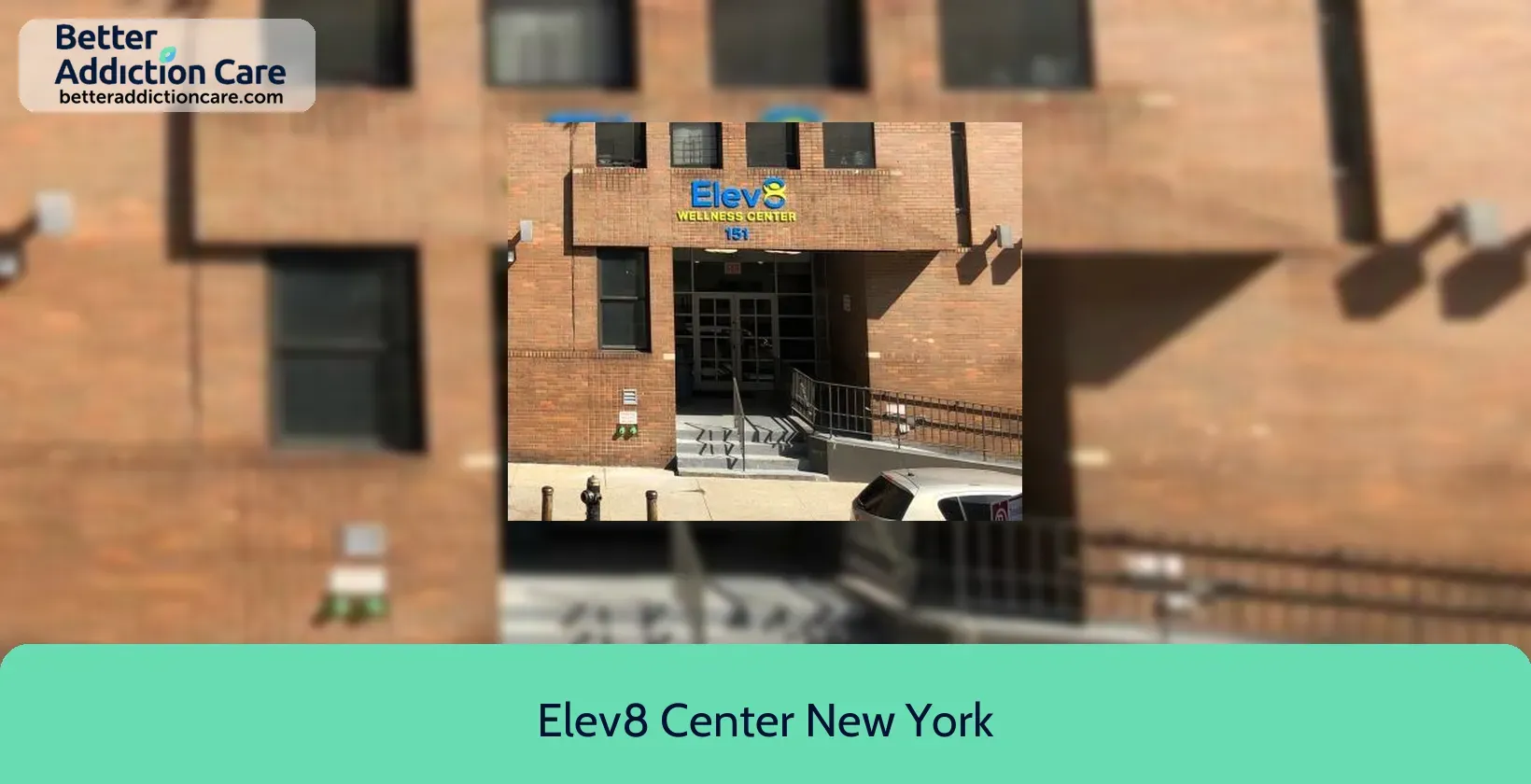
7.77
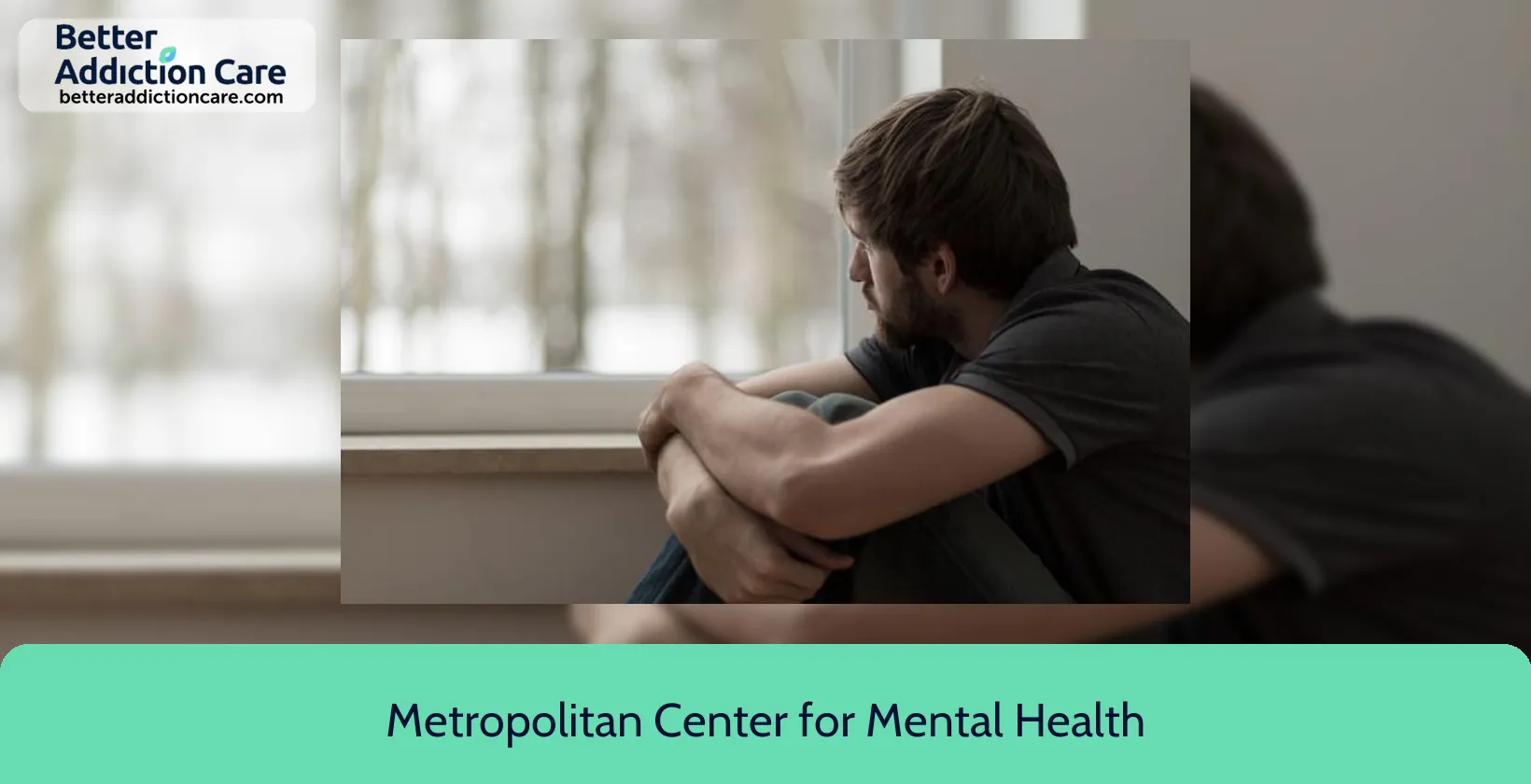
6.65

6.65
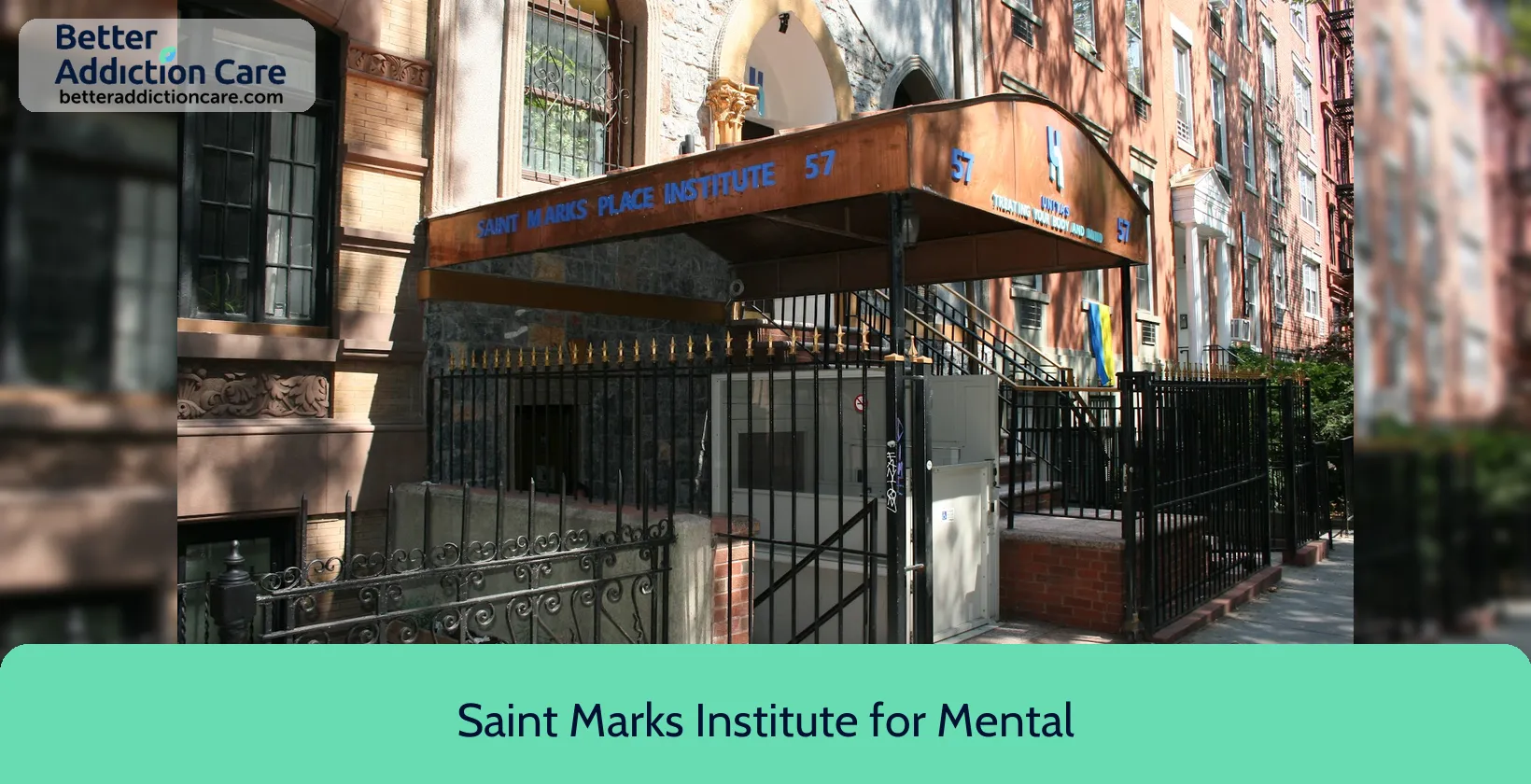
6.71

6.68
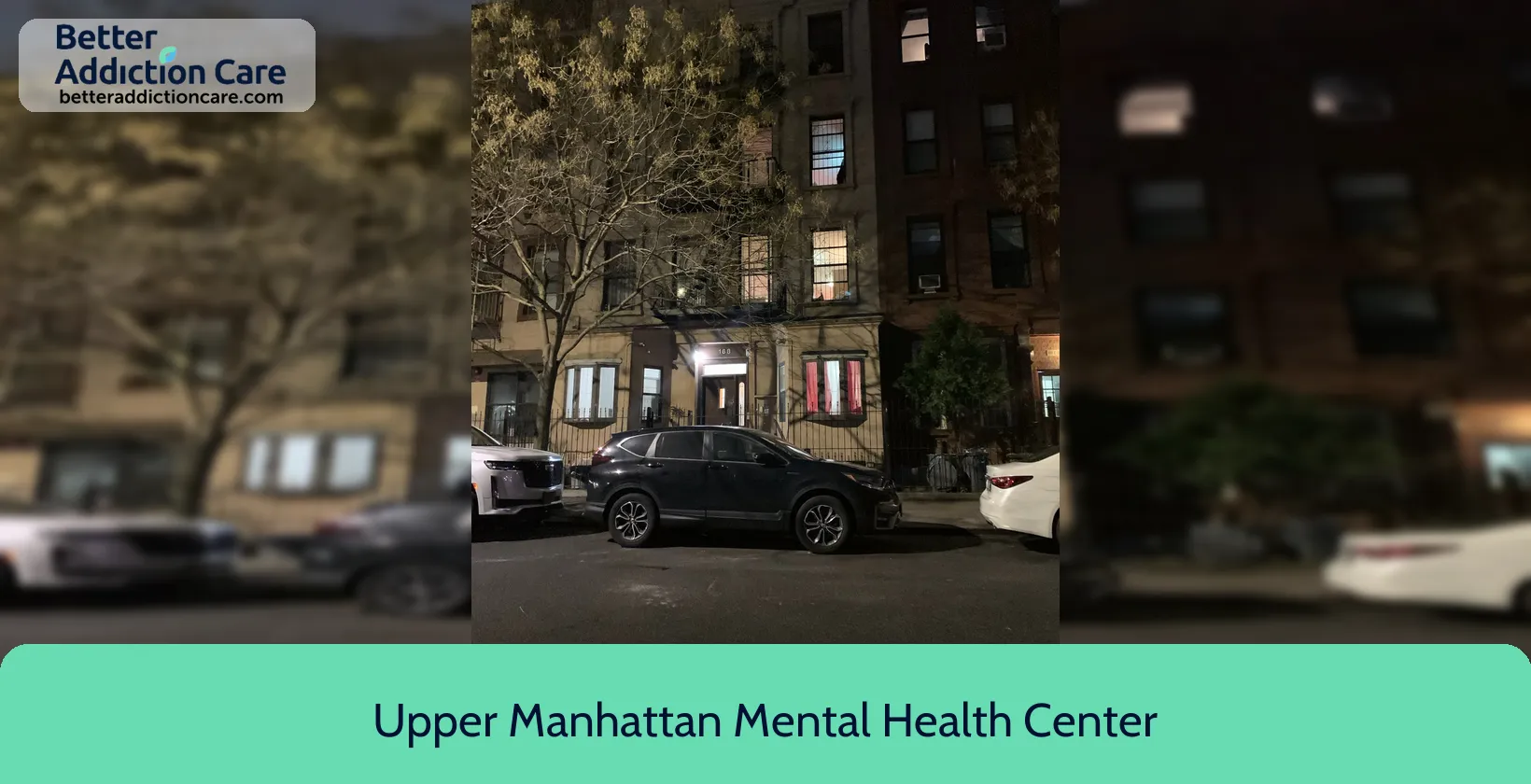
6.86
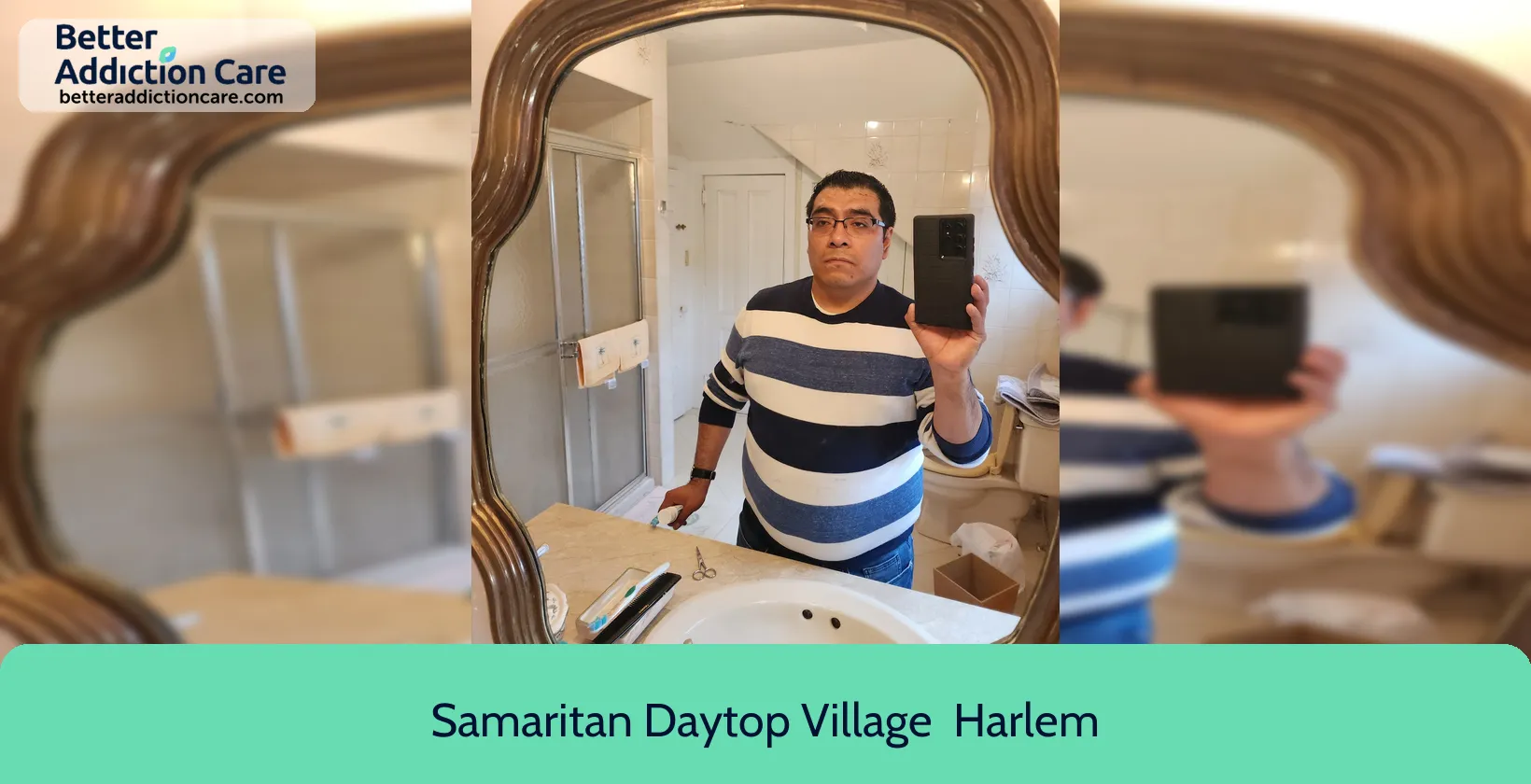
7.41
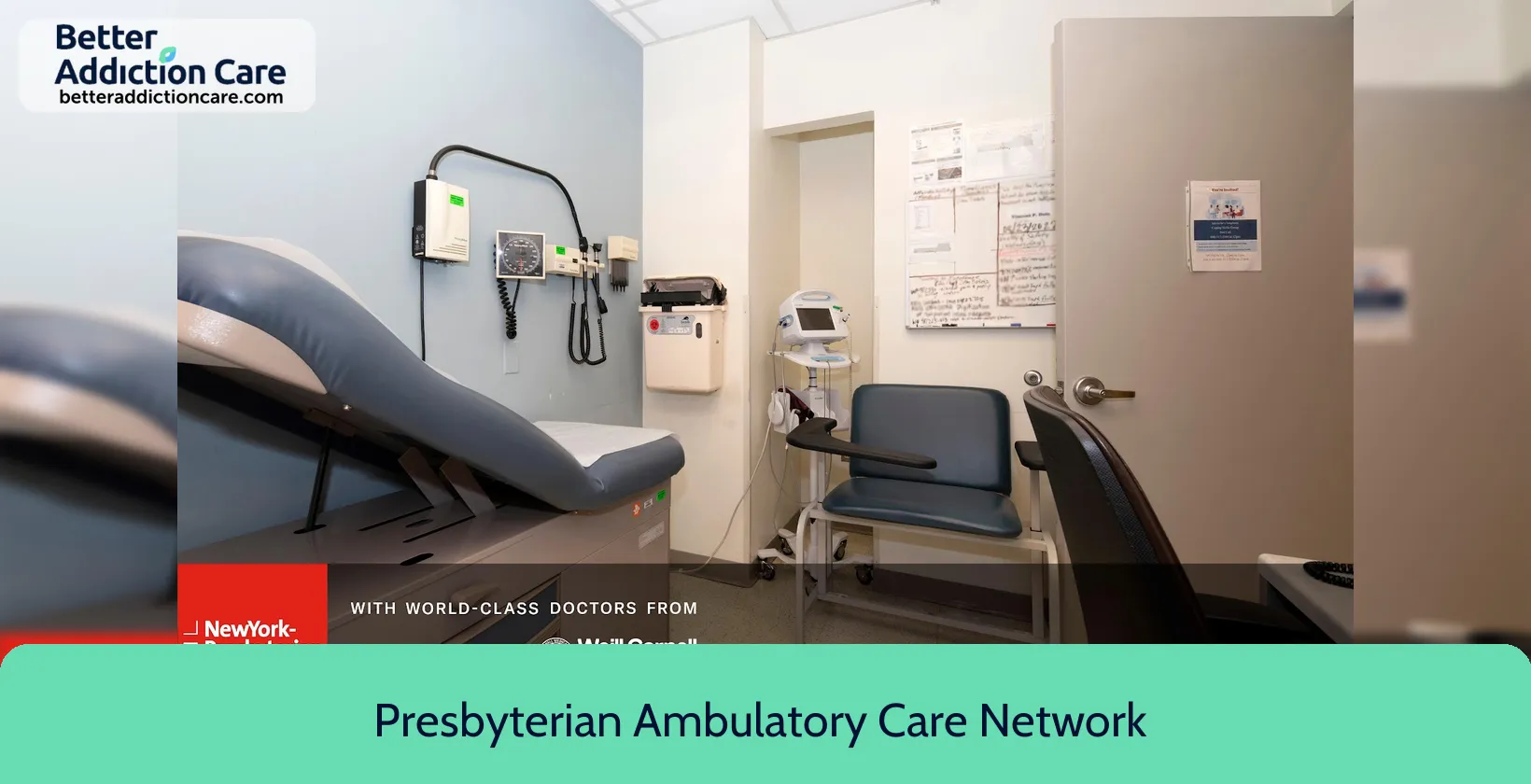
7.27
DISCLAIMER: The facility name, logo and brand are the property and registered trademarks of Presbyterian Ambulatory Care Network - Specialty Care, and are being used for identification and informational purposes only. Use of these names, logos and brands shall not imply endorsement. BetterAddictionCare.com is not affiliated with or sponsored by Presbyterian Ambulatory Care Network - Specialty Care.
